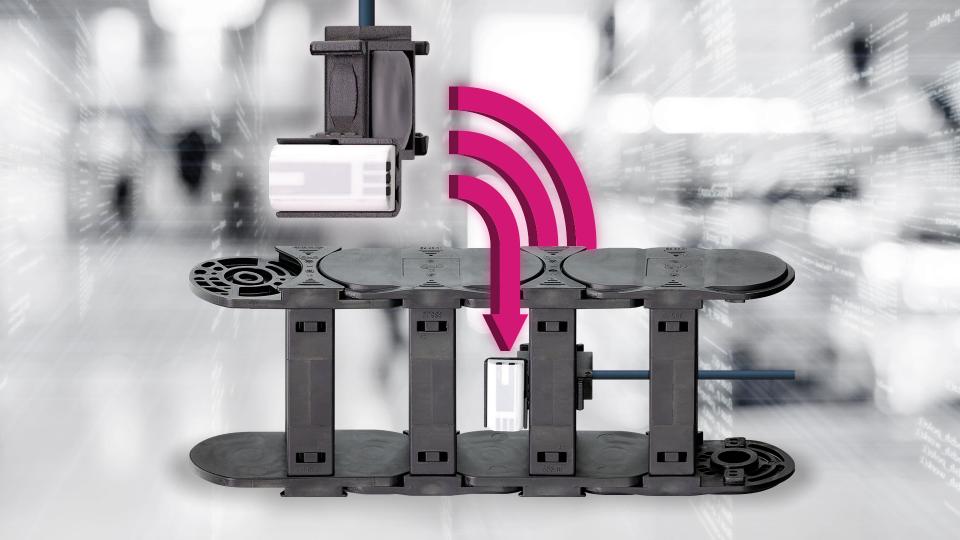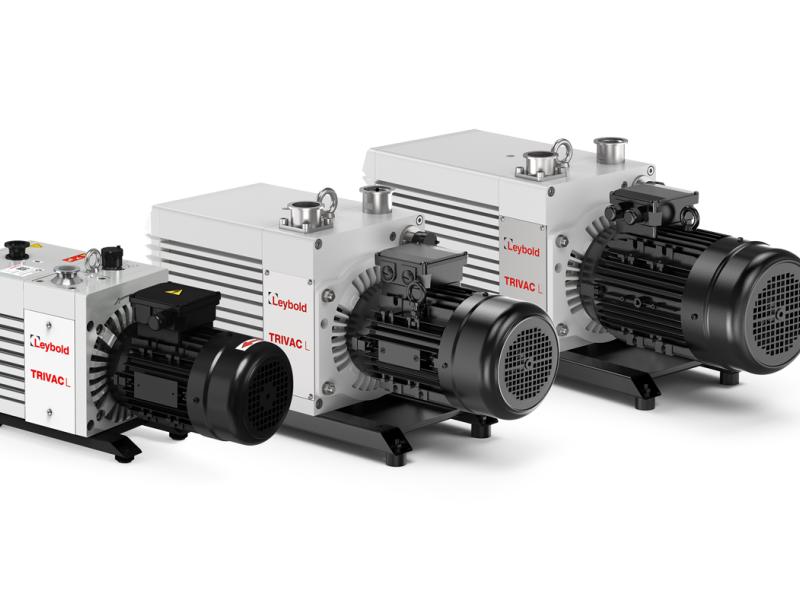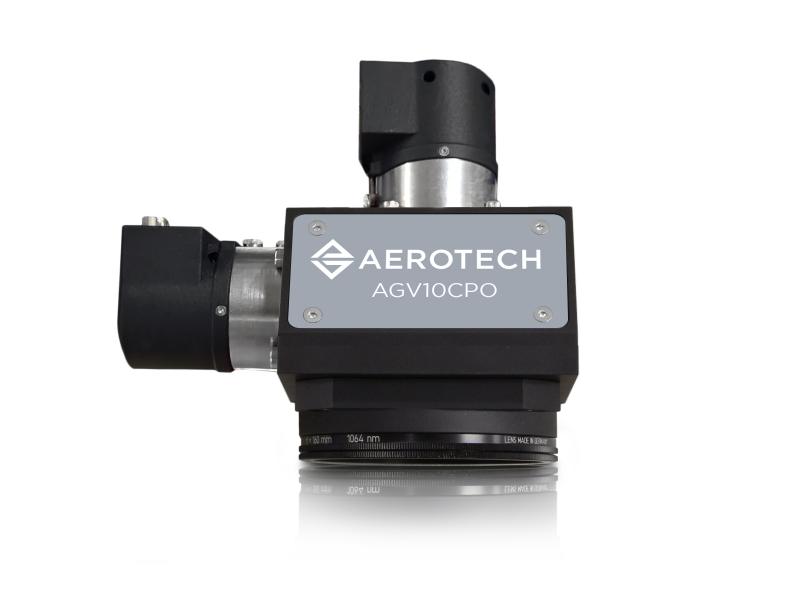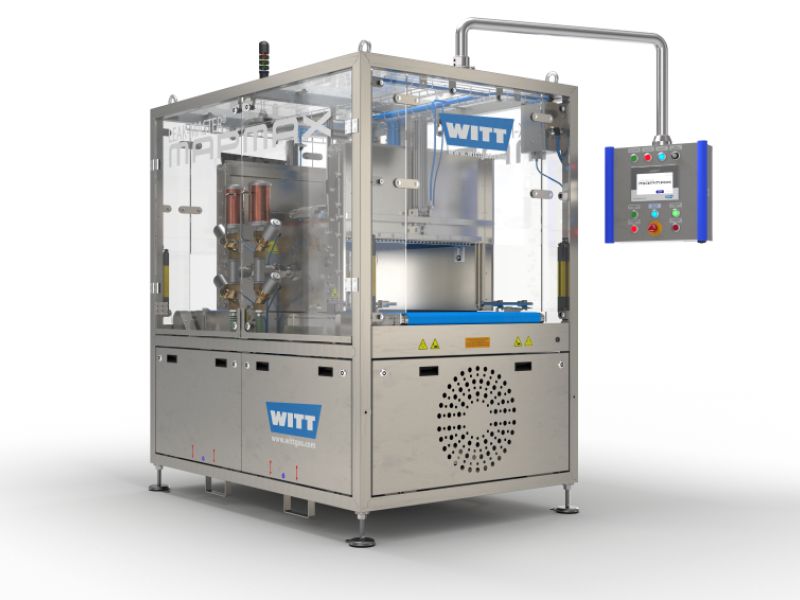Cradle-to-cradle: This is the principle of the circular economy, which is abased on nature. The aim: to return consumer goods to the biological or technical cycle in order to conserve valuable resources and raw materials. The motion plastics specialist igus is also pursuing this goal and has now developed the world’s first energy chain made from recycled material on the basis of its own “chainge” e-chain recycling program.
From extreme weather and natural hazards to marine pollution, the climate crisis is getting worse and more and more people are becoming aware of it. “Even the purchasing decisions of our customers are increasingly being shaped by ecological considerations. That is why we have put a lot of effort into product development in order to be able to produce more resource-efficiently – without sacrificing product quality,” explains Jörg Ottersbach, Head of the igus e-chains Business Unit. The result: the E2.1.CG cradle-chain – a complete range of e-chains made from the new igumid CG material. Numerous tests in our own test laboratory show that the new e-chain has almost the same technical properties and load limits as an energy chain made from the standard igumid G material. The new range is available from Treotham in five series and 28 chain types.
From discarded e-chain to recycled material
The cradle-chain uses, among other things, recycled material from the “chainge” recycling program. As part of this program, igus has been collecting used energy chains from customers since 2019 so they do not end up in industrial waste. This service is offered for both igus e-chains and chains from other manufacturers. So far, more than 32 tons of material has been collected across 13 countries. For 2022, igus has set itself the goal of increasing this total to 500 tons. Scrap material is sorted by type, cleaned and processed to new quality. This is possible with the help of a chemical analysis and formulation tuning- a process in which material is optimized for the desired properties and therefore enables constant product quality. The post-consumer material igumid CG is then used to make the recycled cradle-chain – without any loss of quality in terms of wear behaviour, stability or bending fatigue.
Sustainable raw material cycle – with 28% less CO2
With the new e-chain product range made of recycled material, igus is making a further contribution to conserving resources and advancing the circular economy. According to the Environment Product Declaration, this sustainable raw material cycle also reduces CO2 emissions by 28%. Jörg Ottersbach says, “The focus should not be only on first use of products, but also the reuse of raw materials. We see a lot of ‘cradle-to-cradle’ potential and strive to reprocess as many raw materials and discarded products as possible so that precious resources are not wasted, but used wisely for as long as possible.”
Contact:
Treotham Automation Pty Ltd
1300 65 75 64






